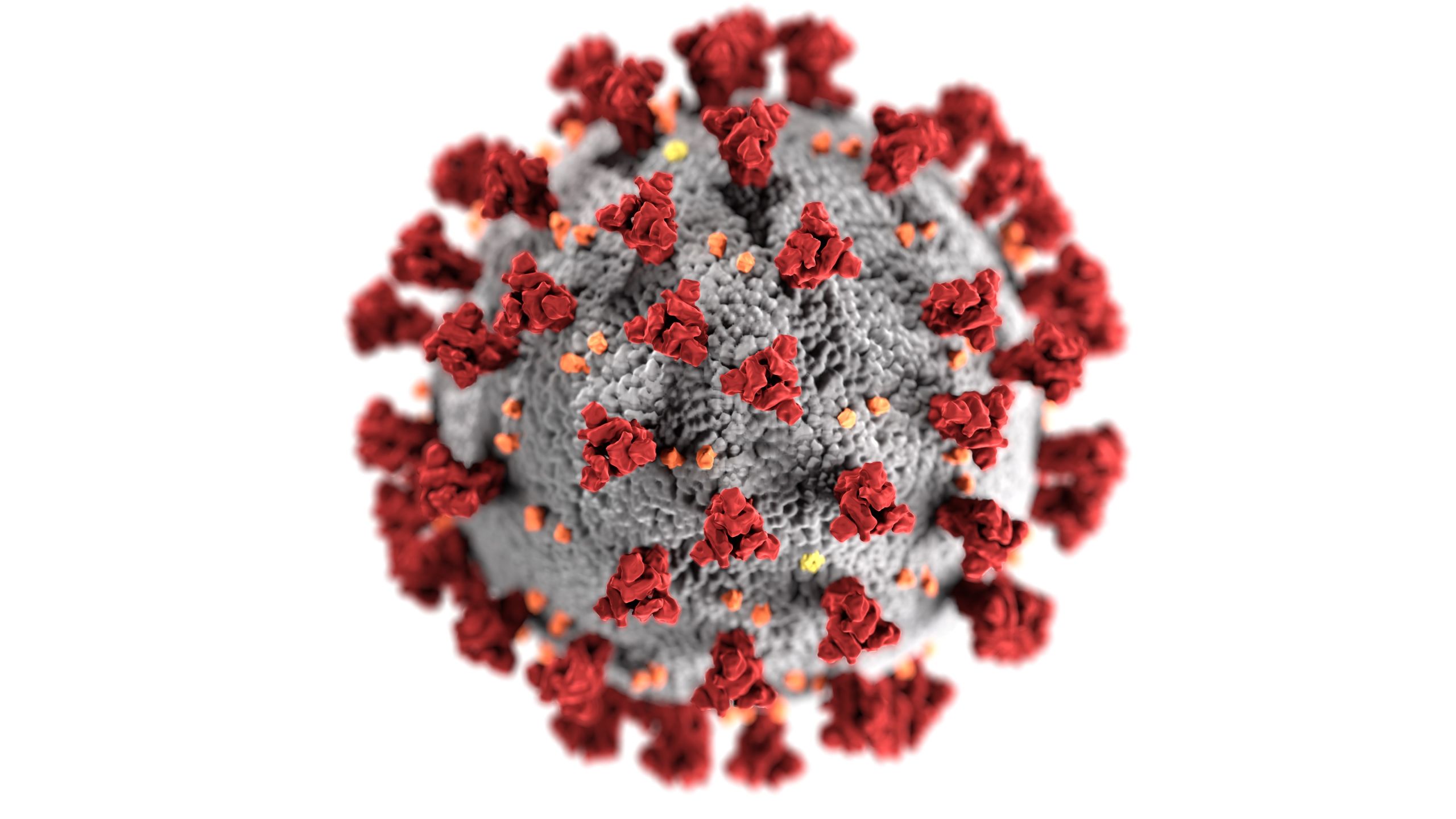Our response to coronavirus
Health, Nutrition and Wellbeing
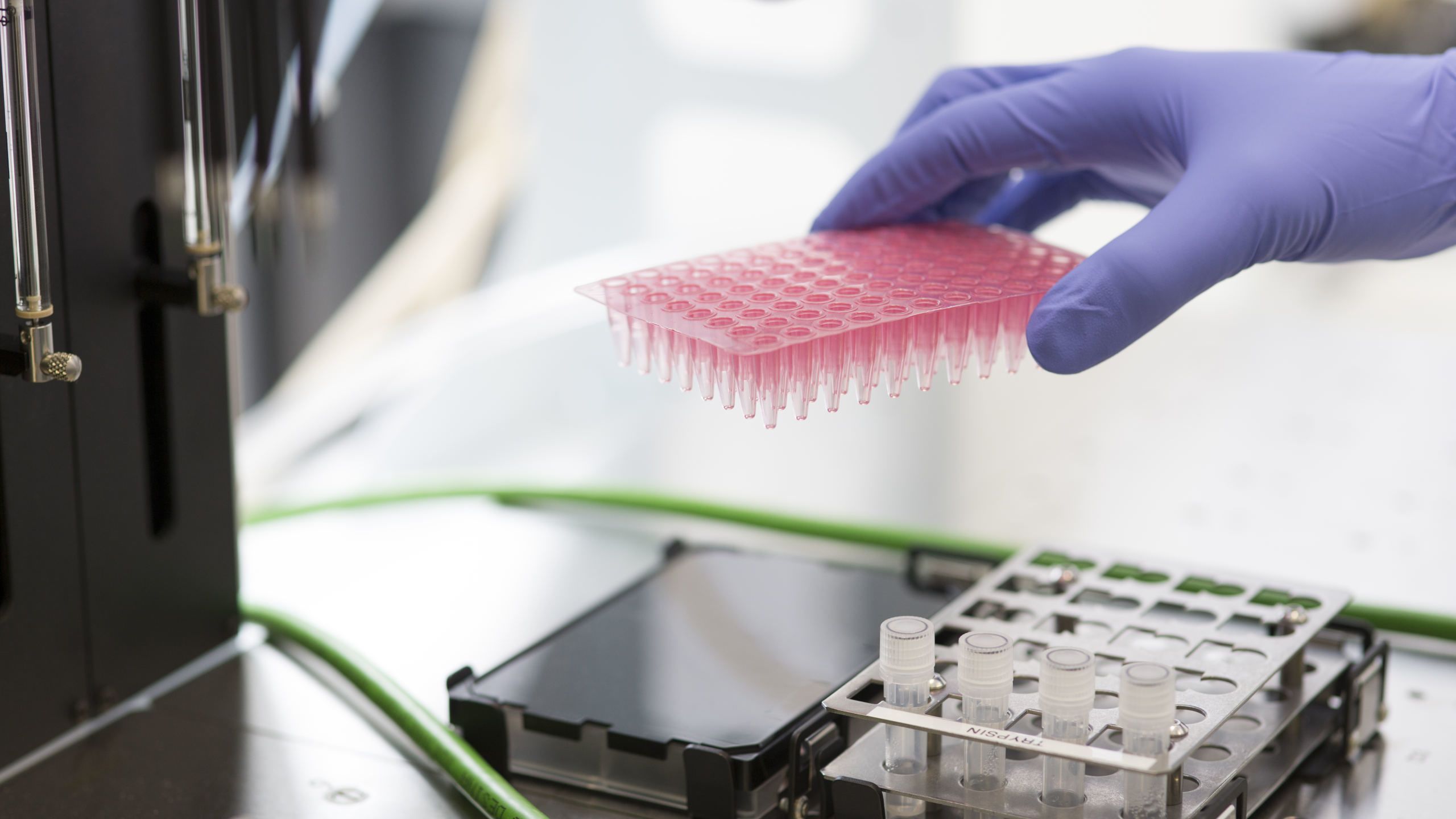
Work underway to investigate vaccine hesitancy in minority groups
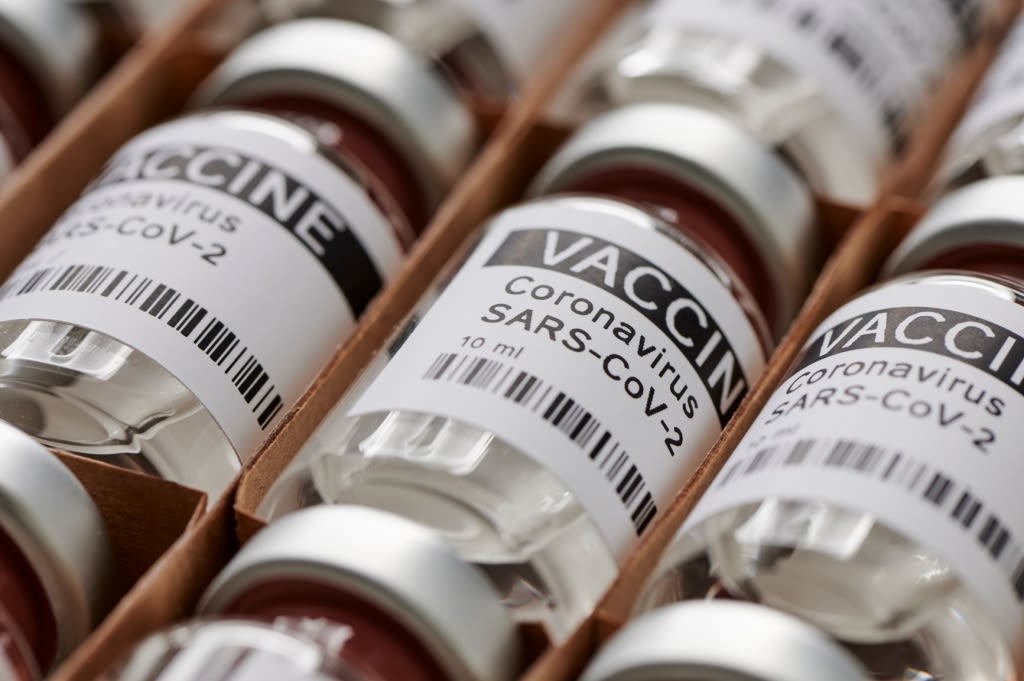
The University of Aberdeen is among 13 universities, community organisations and small and medium size enterprises in a collective effort to improve vaccine uptake among minority groups.
A collaboration of organisations called ‘Collaboration for change: Promoting vaccine uptake’ has been awarded £80,000 from the Economic and Social Research Council (ESRC), as part of UK Research and Innovation’s rapid response to Covid-19, to investigate and correct this disparity in vaccine uptake.
Professor Shaun Treweek, University of Aberdeen, said “Although the Covid-19 vaccine roll-out is generally regarded as a success, uptake is lower in some ethnic minority communities. The best way to reduce this hesitancy is to work collaboratively with people who best understand these communities.”
The programme will deliver recommendations on how to increase vaccine uptake across ethnic minority groups and will set a research agenda for improving national public health messaging across local communities.
Scientists develop 'game-changing' antibody test
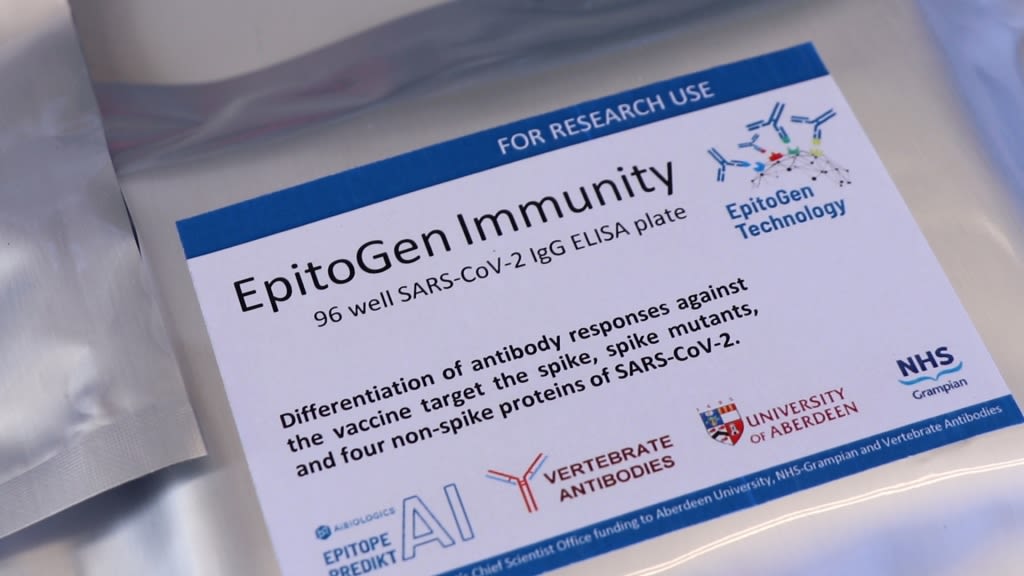
Antibody tests that can detect whether people have been exposed to new variants of Covid-19 have been developed by the University of Aberdeen, in collaboration with biotechnology group Vertebrate Antibodies Ltd and NHS Grampian.
The new tests can detect antibody responses to infection by SARS-CoV-2 virus with more than 98% accuracy and 100% specificity. This is in contrast to currently available tests that are around 60-93% accurate and cannot differentiate unique variants.
“Game-changing” technology to improve Covid-19 face mask protection
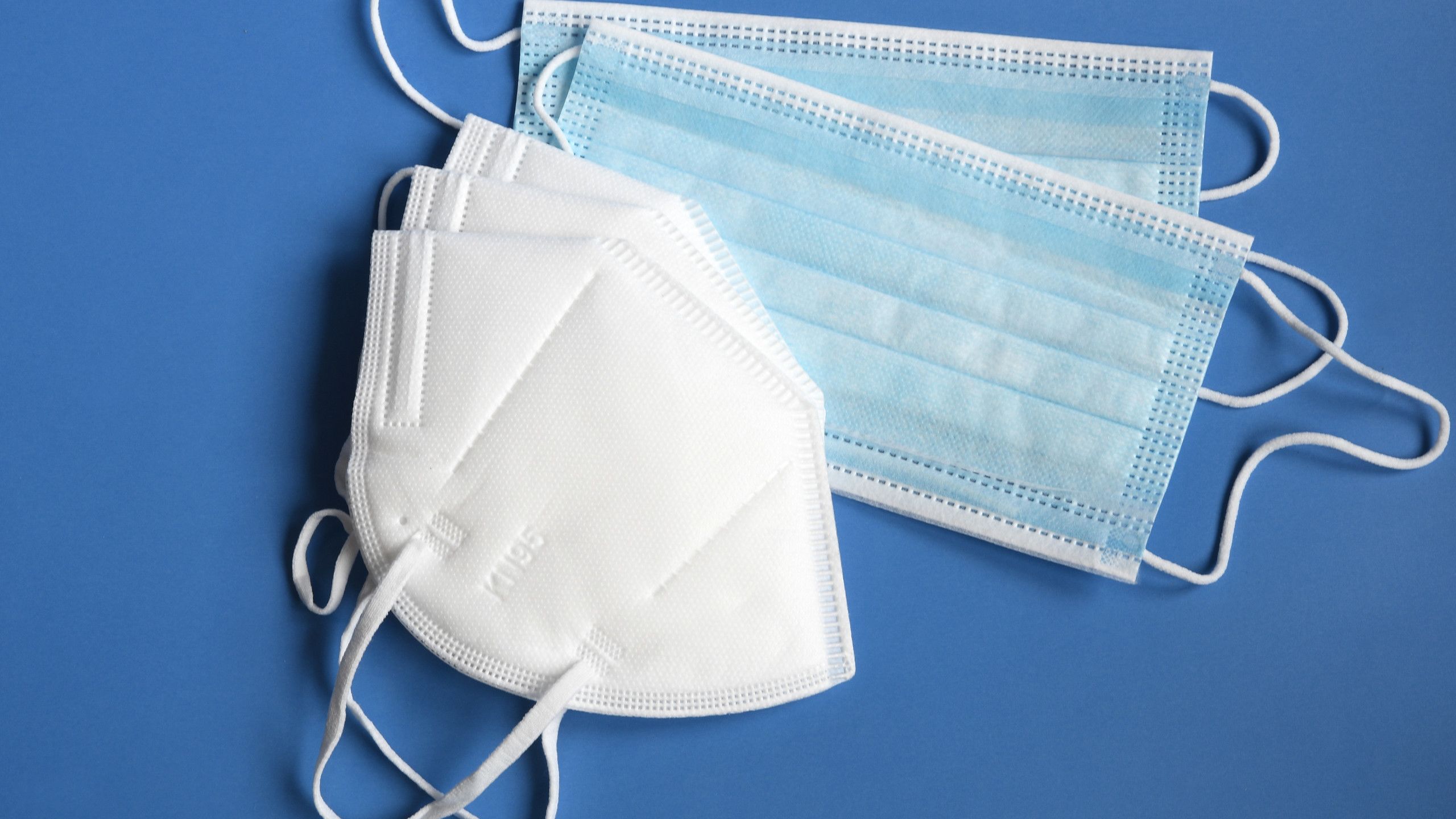
Scientists at the University of Aberdeen are using a “game-changing” technology as they aim to produce a new type of face mask that is more effective in stopping the spread of Covid-19.
Microfluidics - also known as ‘lab-on-a-chip’ - is a technology that can be applied to prepare nanomaterials* that can be used to manufacture medical textiles such as face masks.
The technology can also be used to study microscopic transport – such as the aerosol particles through which Covid-19 can be transmitted via breathing.
Now, a multidisciplinary team of researchers from the University’s School of Engineering and Institute of Medical Sciences are aiming to use microfluidics to develop a new nanomaterial they hope will provide a more effective barrier to impede transmission.
Funded by a £11,602 NHS Grampian Endowment Research Grant, the project will test the effectiveness of microfibres containing silver nanoparticles – which are known to have antimicrobial and antiviral properties – in trapping and neutralising the virus.
To do so, scientists will develop a new experimental microfluidic device with micrometre-sized chambers and channels that offer the ability to test and prepare new nanomaterials.
The research is being led by Dr Alf Martinez-Felipe and Dr Wenbo Zhan from the School of Engineering, and Dr Claudiu Giuraniuc from the Institute of Medical Sciences. The project includes an industrial partnership with Specac Ltd, which will provide support by developing accessories that will allow researchers to better understand the effectiveness of new nanomaterials.
Dr Martinez-Felipe said: “There are several challenges regarding the development of efficient masks, such as the ability to reuse them safely, or the deactivation of the virus in the masks to avoid further propagation by misuse.
“The aim of this project is to prepare new materials to increase the efficiency of face masks turning them into active barriers for Covid-19.
“To do that we will prepare new silver nanoparticles embedded in microfibres, which will retain the aerosols containing Covid-19, and we will also measure the therapeutic potential of the materials by using the antiviral potential of silver nanoparticles.
“The key to doing this is our development of a new, versatile microfluidic device to test the effectiveness of these materials, which we will optimise using experimental and computational models. Microfluidics is regarded as a game-changing technology in terms of research into new nanomaterials, and we are very excited about the potential of this project.”
Dr Giuraniuc added: “This is innovative cross-disciplinary research that combine the research strengths of the Institute of Medical Sciences and School of Engineering, that will explore the potential of microfluidics in achieving progress in a critical area of healthcare.
“We expect that our findings will open new avenues for research, and ultimately lead to the introduction of new and more effective materials for use in the mass production of commercial face masks.”
Covid's impact on funerals, the bereaved and funeral workers to be examined

The impact of the Covid-19 pandemic on funerals is the subject of a new study by the University of Aberdeen.
The researchers will examine the experiences of bereaved family and friends, funeral directors and celebrants, and the new practices that have emerged as a result of the restrictions. This will inform careful consideration of how policy and practice should develop for the future.
Funeral provision in the UK was significantly disrupted when Covid-19 infection control policies were enforced. The restrictions constrained how and by whom deceased people could be cared for; how funeral directors and celebrants could communicate with bereaved families; and possibilities for gathering for funerals, mourning and memorialising activities.
Death rites and ceremonies can be important forms of care and respect, both for people who have died and for their families and friends, so the disruption has caused much distress. However, the restrictions have also prompted the development of new funeral practices, some of which have been welcomed. For example, some people have found it easier to take part in activities online.
New research finds 'substantial differences' in who was asked to shield from Covid-19
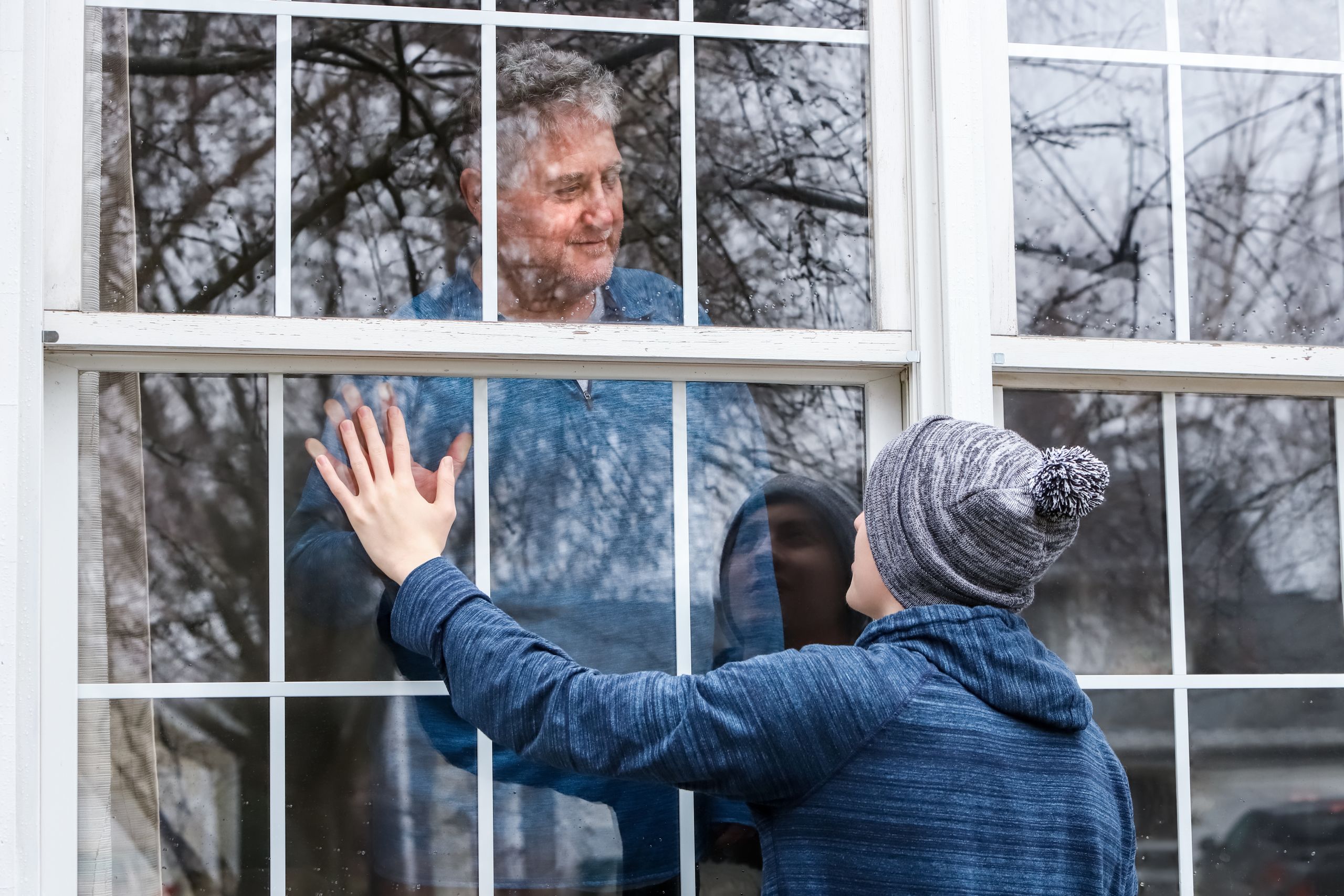
Researchers have found that there are substantial differences in who was asked to shield from coronavirus depending on where they live in the UK.
Differences in age, methods of identifying those at risk, and the proportion of shielding people who live in deprived areas were the main findings from the first wave of data to come out of the project. This the researchers suggest, means that a one-size-fits-all care plan to support these vulnerable people will not be effective and highlights the need for tailored guidance and support.
This is the first update from the Health Foundation’s Networked Data Lab (NDL) a new collaboration of researchers from across the UK who are analysing NHS data to help inform important health and care decisions. Scientists from both the University of Aberdeen and NHS Grampian form the Scottish arm of the NDL. The full report can be accessed here.
The first project for the team has been to study those who were told to shield from coronavirus because they were identified as vulnerable to severe illness if they were to be infected. In March 2020, the NHS identified people who, due to underlying health conditions, could be at especially high risk from Covid-19. These people were then directed to stay at home and minimise contact with people outside their household with the aim being to reduce the risk of infection and the severe health consequences of Covid-19.
Researchers find most Scots are following Covid rules

Scientists at the University of Aberdeen have been researching how well people in Scotland have adopted Covid-19 preventative behaviours such as the FACTS guidance issued by the Scottish Government.
The results so far show that the majority of Scots are following the guidance although women are better than men and young people at following the rules.
These preliminary findings are part of the nationwide CHARIS (Covid Health and Adherence Research in Scotland) project - a research project funded by the Chief Scientist Office (CSO) Rapid Research in Covid-19 Programme. The results were presented at the UK Society for Behavioural Medicine conference earlier this month.
University of Aberdeen involved in world's largest study into the psychological impact of Covid-19
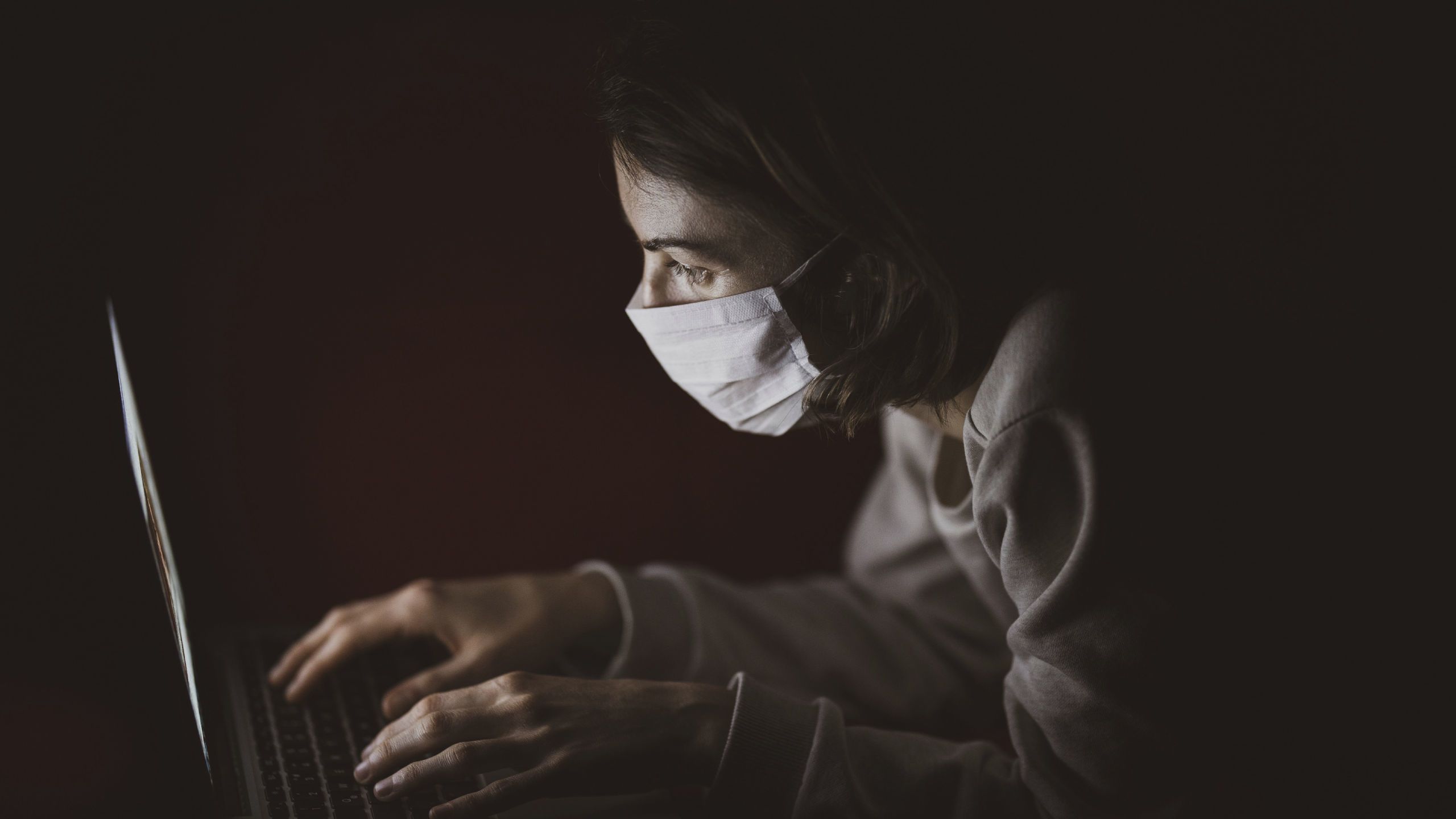
Researchers from the School of Psychology at the University of Aberdeen are supporting a global study investigating the impact of the Covid-19 pandemic on emotional wellbeing and resilience.
Dr Clare Sutherland is leading the University’s contribution to The Psychological Science Accelerator's Rapid-Response Covid-19 Project, an unprecedented global, multinational research collaboration which aims to understand the psychological and behavioural aspects of the Covid-19 crisis.
Spanning more than 500 research labs from over 70 countries, The Psychological Science Accelerator is the largest network of psychology labs in the world and this project has been formed to rapidly obtain informative, impactful, timely knowledge about the behavioural aspects of Covid-19.
Over 22 thousand people from all over the world have already taken part in the study which has been translated into 38 languages.
£375,000 study launched to explore experiences of ‘long Covid’
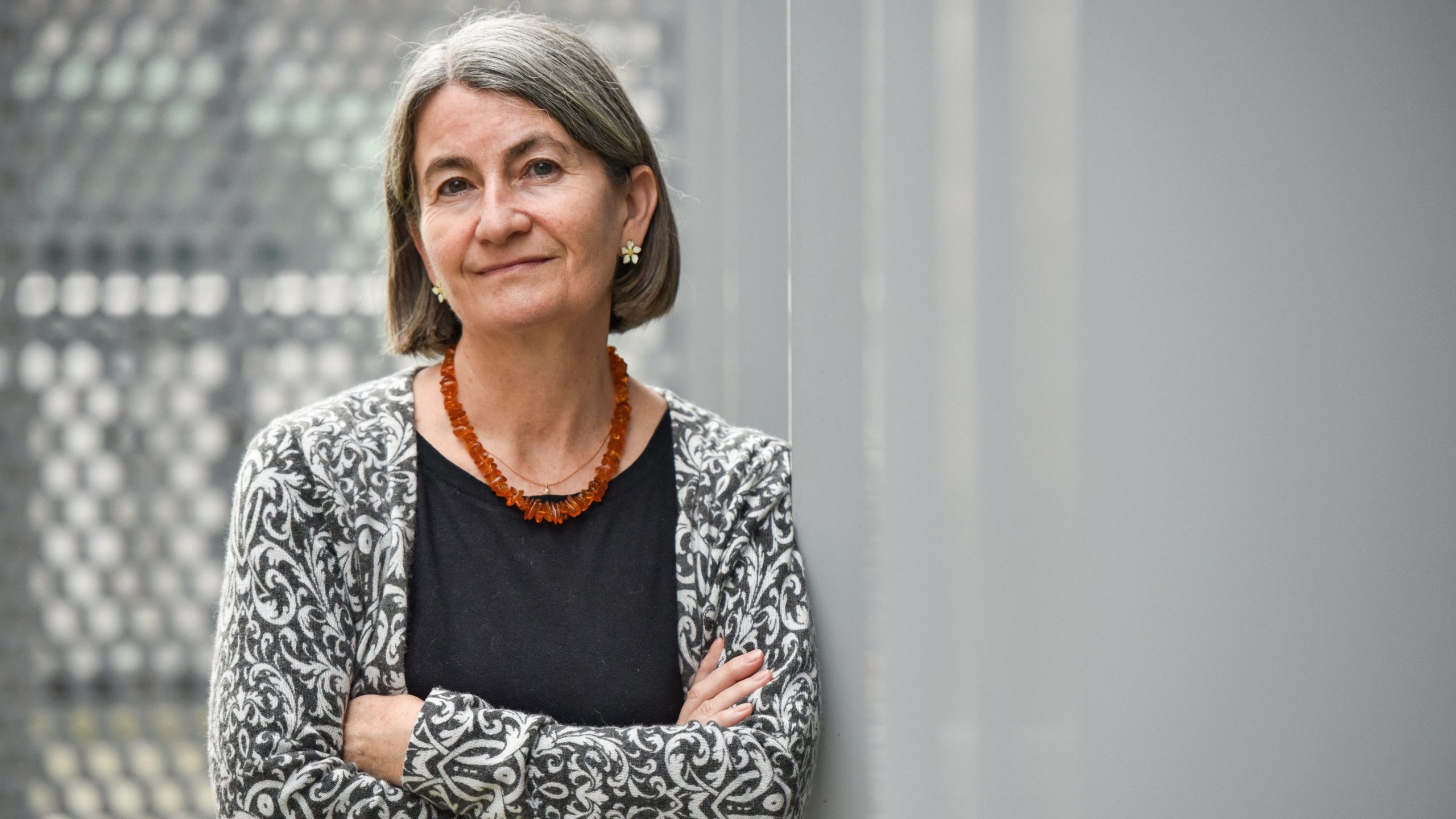
A new £375,000 study led by the University of Stirling in collaboration with the University of Aberdeen, is seeking to understand the lived experiences and support needs of people suffering from the long-term effects of Covid-19.
The research ultimately aims to improve the support and care available to those affected by ‘long Covid’ through the sharing of its findings with patients, their families and carers, and healthcare professionals.
The two-year study – which has received £299,883 in funding from the Scottish Government’s Chief Scientist Office – will be led by Professor Kate Hunt from the University of Stirling in collaboration with Professor Louise Locock from the University of Aberdeen as well as colleagues from the University of Oxford, and the Nursing, Midwifery and Allied Health Professional Research Unit (NMAHP-RU).
Professor Hunt adds: “Covid-19 is a new virus and stories in the media often focus on the number of deaths attributed to the virus or those who are hardly affected and recover quickly. This perception means that many who are experiencing long Covid feel disbelieved about the debilitating nature of their illness, and those outwith groups at heightened risk of death from the virus do not appreciate that long COVID also affects young, healthy, physically active people.
“Our study will look at those suffering from prolonged symptoms – known as ‘long Covid’ – to produce a reliable, evidenced online resource with practical information and support for those affected and their families and carers. We will also present information that can be used to train doctors, nurses, social care and other healthcare workers – and ultimately improve care to patients.”
Research on the lived experiences of people with long Covid is very limited, effective illness management pathways are not yet established, understanding of the illness is still evolving and long Covid clinics may not be easily accessible for all of those requiring them. The new study proposes a robust and accessible means to respond to these issues.
Highly experienced qualitative researchers will conduct and analyse detailed interviews with those living with long Covid – capturing information on their symptoms; how their lives have been impacted; the services they have used; and the information, support and care needs they have. They will also speak with those who have experienced critical or high dependency care due to the virus.
The research team will compare their findings with experiences of people with long Covid living in other countries, and with other studies. The findings – including video, audio and written excerpts from the interviews – will be freely available on healthtalk.org, which shares the stories of people living with health conditions. The website – run by The Dipex Charity – attracts millions of visitors each year and is recognised as a trustworthy source of patient experiences of health and illness.
Professor Locock explains: “In relative terms we know very little about Covid 19 but even less about long Covid. However, what we do know is that many people are living with a range of long term symptoms which can have a hugely detrimental effect on their lives. It is important that we gather as much information as we can from the people who know best - the people who are living with it right now.
“We are confident that this project will give us the information on the real-life impact of long Covid that can then be used both to support others going through the same thing and to help inform the care that they should receive.”
Professor Hunt will work alongside Professor Louise Locock (University of Aberdeen); Ashley Brown (ISMH, University of Stirling); Professor Sue Ziebland (University of Oxford); Professor Pat Hoddinott (NMAHP-RU, University of Stirling); and patient research partner Callum O’Dwyer.
